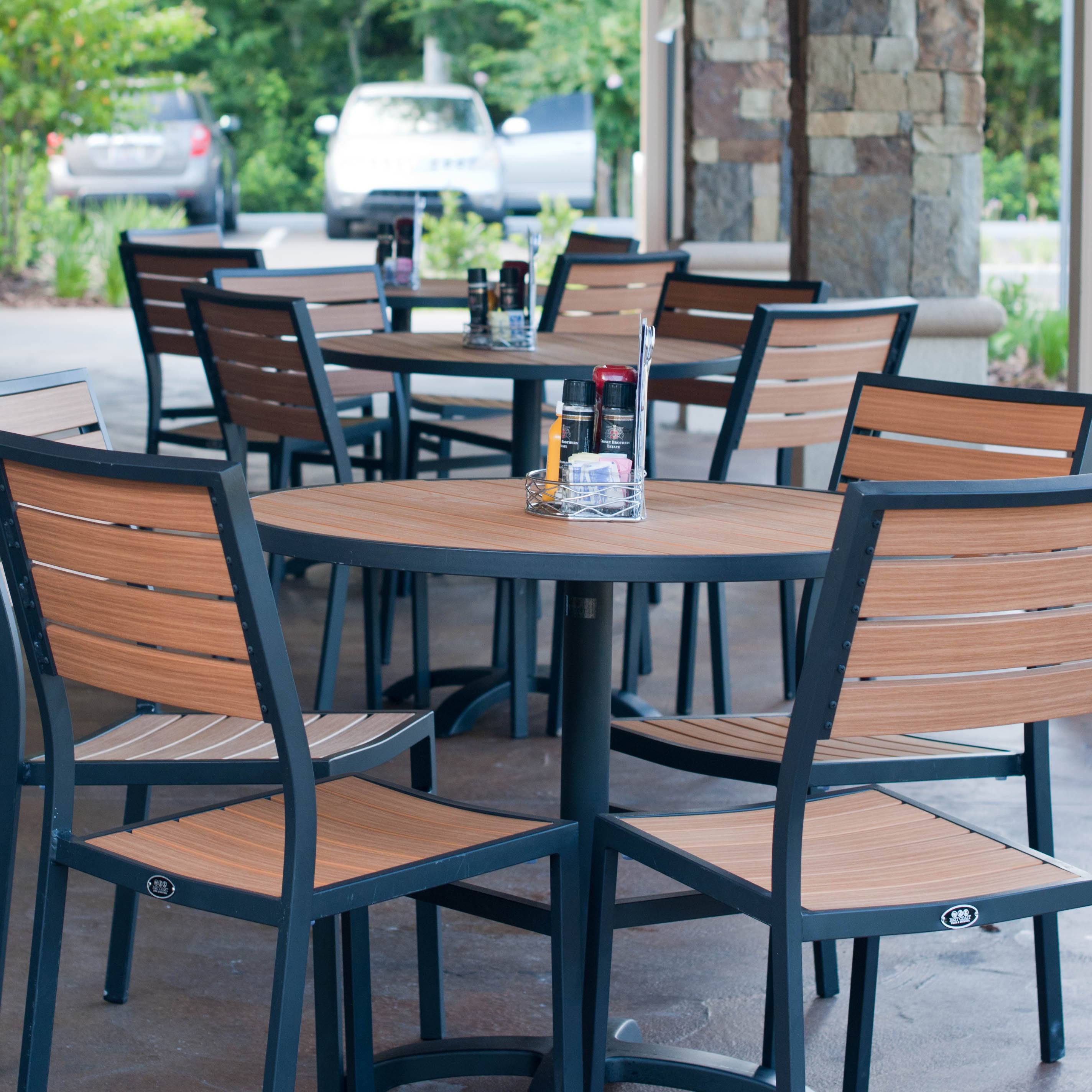Restaurant managers are under a lot of pressure, and why wouldn’t they be? Day after day, night after night, they orchestrate the front of the house while keeping diners happy. They coordinate with the executive chef and are required to be experts in human resources, time management, and inventory control. When you consider how many duties a restaurant manager has to juggle, it’s not surprising that many would love to hear how other managers bring the best experience possible to their customers.
Here are some great pieces of advice that East Coast Chair & Barstool has heard from accomplished restaurant managers.
· Don’t try to change it all. You’re not Gordon Ramsay. If you’d like to make changes, especially if you’re starting to manage a restaurant that has been in business for some time, observe the general atmosphere and front-end business, then pinpoint several areas that you believe need the most work and can make the biggest impact. Major changes can throw a restaurant into upheaval, change the quality of the food, and hurt the restaurant’s image. For instance, if your diners mostly come to your restaurant for a healthy, quick lunch, adding fried foods to the menu may disappoint your regulars. Be sure that your changes will make your customer base happy.
· Budget your time so your restaurant can grow. Time management is probably the most useful skill a restaurant manager has. Knowing how long everything should take, and then knowing how long it actually takes is the first step. From there, you can plan how to improve your process, your training, and your delegation skills. If you don’t know how to manage your time, don’t worry. It’s something that can be taught. Why not use the same time management programs that CEOs rely on? It will change you from a manager who may micromanage or manage ineffectively, to one who can learn how to set aside extra time to grow their restaurant. Once you carve out that time, you can increase your productivity and then coach your staff to do the same.
· Schedule your employees so they have a life. Restaurant employees know that they will be working long shifts and long hours, but if you can create a schedule that gives them the opportunity to enjoy planned days off on a regular basis, then you’ll be able to garner employee loyalty, reduce waitstaff turnover, and have your pick of potential employees once the word gets out that believe in work-life balance. Hiring the right people is a key part of a restaurant’s success, and you want to make sure that you can choose from a wide talent base.
· Be business savvy, not just restaurant savvy. You may have been working in restaurants since you were a teenager, but do you have experience with inventory management, budgeting, labor requirements, legal issues, and overall administrative duties? If not, consider taking a course in restaurant management so that you can make sure you’re impacting business in the best way.
We’d love to hear your advice too! Leave us a comment below to share your own advice and experiences.






